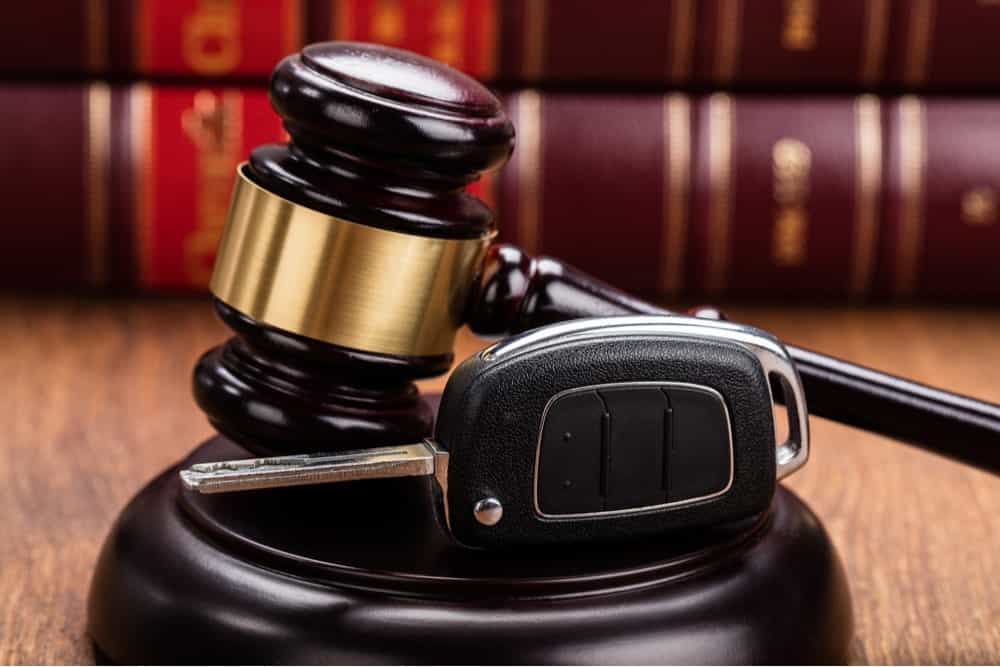Five Key Facts About Cars, Asset Protection and Bankruptcy
We hear a lot of questions about cars, asset protection and bankruptcy, and that’s no surprise. A car can be a significant asset, which may or may not be exempt in bankruptcy. People juggling debt are often facing possible repossession, but need their cars to keep working. And, many people are concerned that filing for bankruptcy will prevent them from financing a car later.
An experienced Ohio bankruptcy attorney is the best source of information about your specific situation.
Here’s what you need to know.
- If you file for Chapter 7 bankruptcy, up to $4,000 in value in a car is exempt—that is, protected from creditors. That means people filing for Chapter 7 bankruptcy can generally keep a car that is worth less than $4,000. A car valued at more than $4,000 is also exempt if the owner’s equity is less than $4,000, but keeping the car will require agreeing to continue paying on the loan or buying out the remainder of the loan.
- If you file for Chapter 13 bankruptcy, you can catch up past due amounts on your car loan over three to five years. In a Chapter 13 bankruptcy plan, you’ll make monthly payments toward any past-due amounts while keeping the new payments up to date as they come due. You may also be able to reduce the interest rate on your loan and avoid some fees.
- If you’ve owned your car for more than 940 days, you may be able to reduce the balance on your loan. In Chapter 13 bankruptcy, a car loan may be “crammed down,” meaning that any unsecured balance is stripped away. For example, if you’ve owned a car for 950 days and the car is currently worth $13,000, but you still owe $18,000, your loan balance may be reduced by $5,000, to the amount the vehicle is worth.
- Many people are able to finance cars shortly after bankruptcy. Some lenders specialize in high-risk vehicle loans, including post-bankruptcy loans. These loans are often expensive, but are an option for many people who are in need of a vehicle shortly after bankruptcy.
- Most people qualify for traditional financing within a year or two of bankruptcy. Of course, this depends on how you manage your credit after bankruptcy. But, many people see a significant bump in credit scores shortly after discharge, and responsible credit management helps those scores continue to rise.
Speak to an Experienced Bankruptcy Attorney
If you’re considering bankruptcy and are worried about keeping your car or about your ability to obtain a vehicle after bankruptcy, schedule a free consultation right now. One of the experienced bankruptcy attorneys at Dworken & Bernstein can explain how the motor vehicle exemption works, explore whether you may qualify for a “cramdown” of your car loan, and explain the options for dealing with a car loan in a Chapter 7 bankruptcy case.
Just call 440-946-7656 right now or fill out the contact form on this site.







